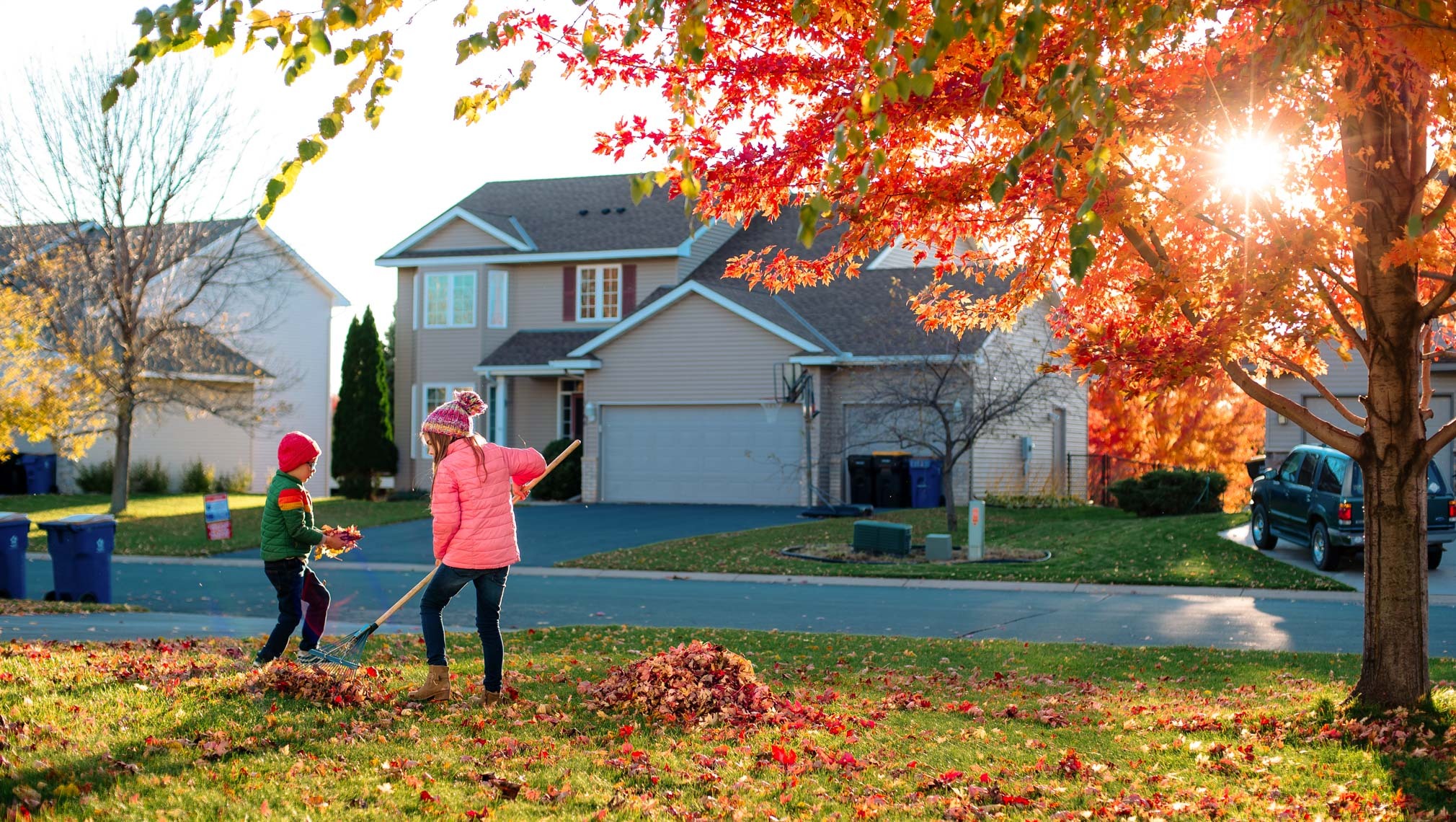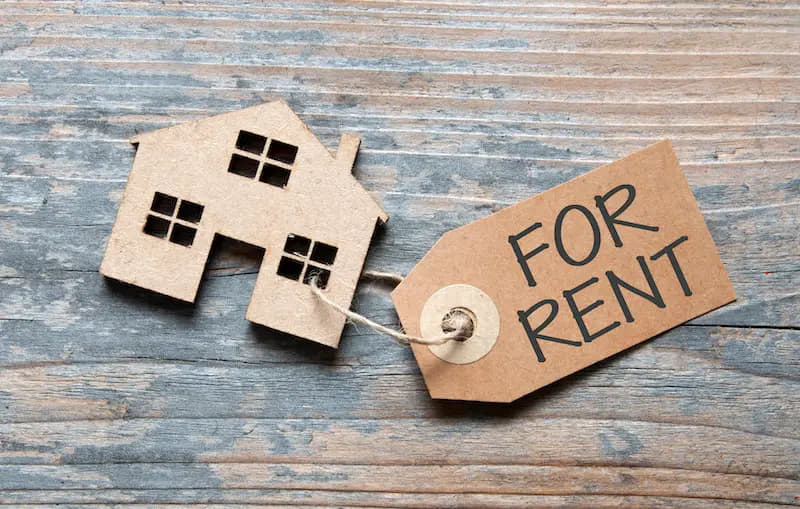The issue of vaping indoors while renting an apartment is a common concern for many tenants. Additionally, property owners and landlords seek clarity on their ability to detect and address indoor vaping by tenants. In this article, we will explore the question can my landlord tell if I vape inside?
Can My Landlord Tell If I Vape Inside My Apartment?
Whether a landlord can detect that a tenant is vaping indoors depends on a few key factors. Classic cigarette smoking leaves behind a very strong and lingering odor that is obvious to identify during apartment inspections. However, vaping produces vapor rather than smoke and does not leave as strong of a scent.
While vaping likely won't trigger most traditional smoke detectors, advanced air quality monitors may be able to detect changes in indoor air composition caused by exhaled vapor. Landlords also have a chance of noticing the smell or visual of vapor if they enter a unit for repairs or inspections with the doors and windows open. Different e-liquid flavors have distinct aromas that could be noticed up close.
So while vaping may not always be easily detectable, landlords do have potential methods to identify indoor vaping during in-person visits.
Related: How To Prove Tenant Is Smoking In Apartment?
Can Smoke Alarms Detect Vaping in an Apartment?

Standard ionization and photoelectric smoke detectors are designed to alert to smoke particulates from burning materials rather than vapor. So vaping alone typically won't set these types of alarms off. However, more sensitive multi-sensor fire alarm systems now exist that can pick up on a range of airborne particles, including those from vapor.
But these enhanced detectors are not the norm in residential buildings. Tenants should check their specific lease terms and learn what kind of detector is present in their unit, as detection ability can vary significantly. Overall, smoke alarms are much less likely to identify vaping compared to standard indoor smoking.
The Effects of Vaping in an Apartment
While vaping avoids issues like tar buildup from smoking, it still introduces aerosols, nicotine, and other constituents into an indoor space over time with repeated use. This can create a health hazard in closed-up environments for those with breathing problems, young children, or pets.
Flavored e-liquids may also leave residual smells or staining on surfaces after heavy vaping sessions. Renters need to consider these potential impacts as continuous indoor vaping could indicate to inspecting landlords.
5 Ways to Prevent My Landlord from Finding Out I Vape Inside
If a tenant wishes to vape discreetly indoors, some actions may help reduce the chances of a landlord identifying it:
-
Use juice with neutral scent and minimal vapor
-
Vape by an open window with a fan circulating the air
-
Keep the space very clean and odor-free overall
-
Employ a vapor-filtering sploof device for exhaled hits
-
Avoid vaping right before an inspection visit
5 Ways How Landlords Can Find Out You Vape Inside
Meanwhile, landlords have available strategies if indoor vaping is suspected:
-
Smell testing during routine inspections
-
Checking for residue buildup on surfaces
-
Installing specialized air quality monitors
-
Arranging more frequent inspection access
-
Using enhanced particle-detecting smoke alarms
Should a Landlord Allow Indoor Vaping?
Allowing indoor vaping draws more health-oriented renters but also affects air quality long-term. A compromise could set aside designated vaping areas or require ventilation systems. Policies should be clearly stated to avoid disputes. Overall this issue balances tenant freedom with other residents' well-being.
Conclusion
In conclusion, while vaping leaves less obvious signs than smoking, dedicated landlords and tenants have methods available to potentially identify indoor vaping activity. Both parties' awareness of technical capabilities, health impacts, and lease stipulations helps navigate this complex issue. With open communication and reasonable precautions, conflicts may be avoidable.





